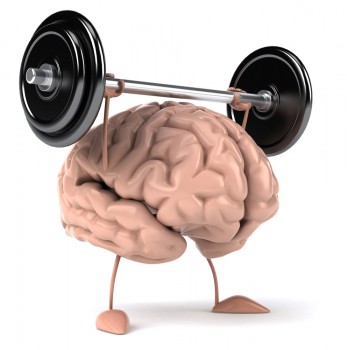What we think is generated by the brain.
What we feel is in the heart!
What we do is by the body:
Who we are is our soul…
How we are is our spirit–
Why we are and do is gut-driven.


What we think is generated by the brain.
What we feel is in the heart!
What we do is by the body:
Who we are is our soul…
How we are is our spirit–
Why we are and do is gut-driven.

That it is is a necessary assumption for those who accept that minds exist, but equate it with either the central nervous system or its encapsulating body.
Much of the issue around physicalism vs. the question of minds’ existences may have less to do with the nature of reality than with what we mean by certain words. If anything and everything is physical, then “physical” is a unifying rather than polarizing or distinguishing concept; there is no contrast class to it (that is: nothing non-physical exists).
The project for physicalist cognitive scientists and philosophers of mind–those who, in short, believe that everything (including the mind) is physical–is, perhaps, simply to extend the language of physics to also accommodate “mind”. (And physicalism could well have to change, itself, in order to be able to do so!)
It may be convenient for a field like cognitive neuroscience especially to have a common framework for its studies of neural and cognitive (mental) systems, which have traditionally–a la Descartes and his successors–been regarded as more ontologically separate than they are, these days. Still, people’s mileages vary with respect to whether physicalism is the right unifying ideology for reality even aside from this possibility.
[The discussion from which this post arose took place on INTJforum, at: https://intjforum.com/topic/175287-if-physicalism-how-is-it-that-we-can-trust-our-cognitive-abilities/ ]

Part of the problem involves explaining how we can know of other consciousnesses than our own. Say I were to remove another person’s brain. They would then be dead; does this mean that they’d suddenly lack a mind? What if they still retained their unconscious sub-mind and simply lost the ability to be conscious at all?
The only person who could absolutely verify that their own consciousness exists is him- or herself. But, in the above example, we could no longer ask our brain-less person if they were conscious and receive a response.
If we can’t perform this falsification meaningfully on another person, then how about on ourselves? Suppose now that, instead, I were to remove my own brain. No one else could be certain that my consciousness exists; could I still be, without a brain? Would “I” exist in any way that would allow me to check the status of my own consciousness? Only if I were conscious. There seems to be a circularity embedded in this approach that might render the whole matter unresolvable.